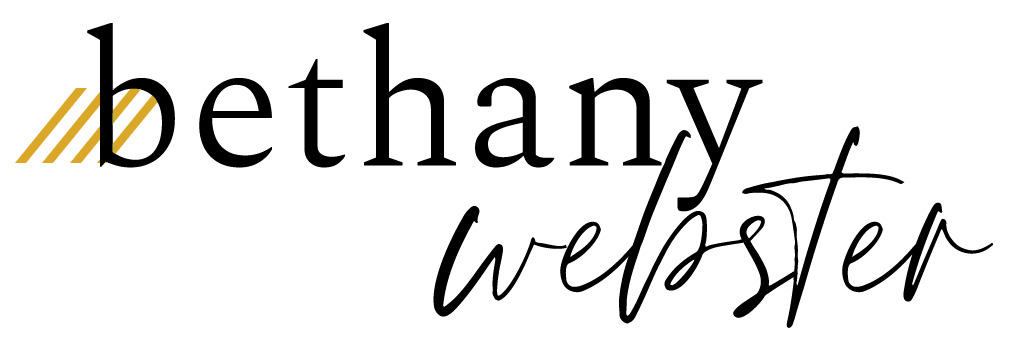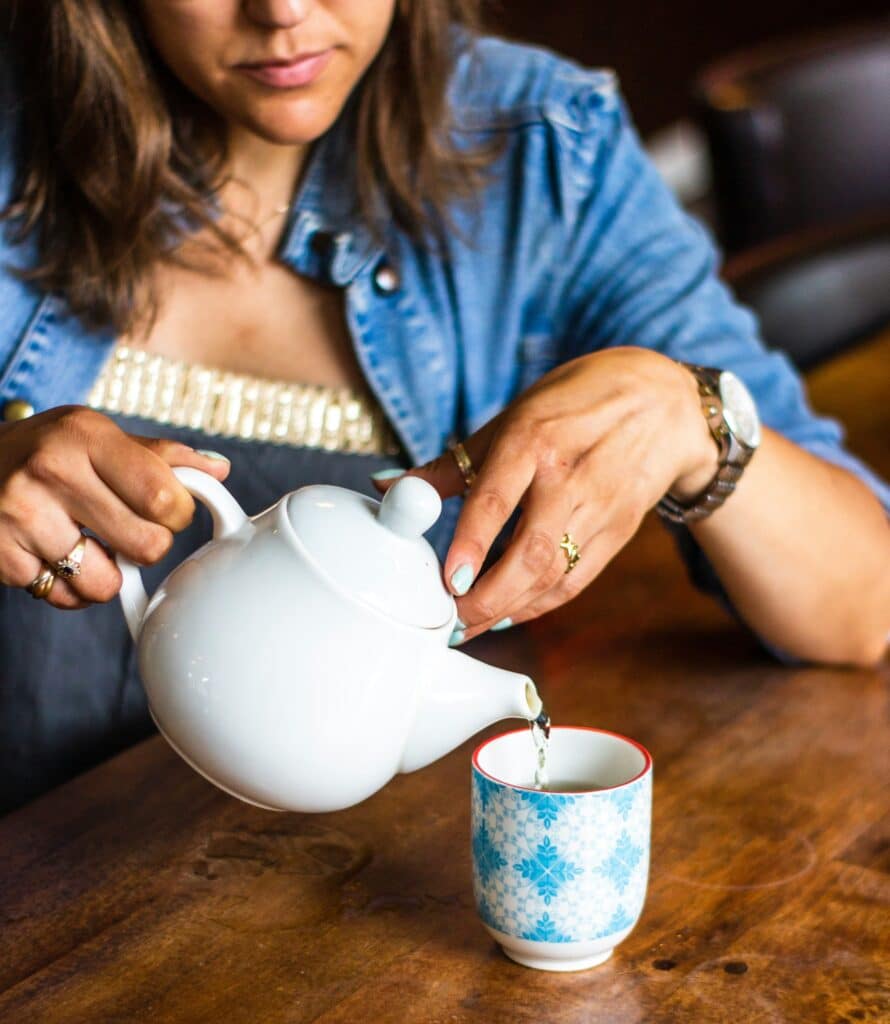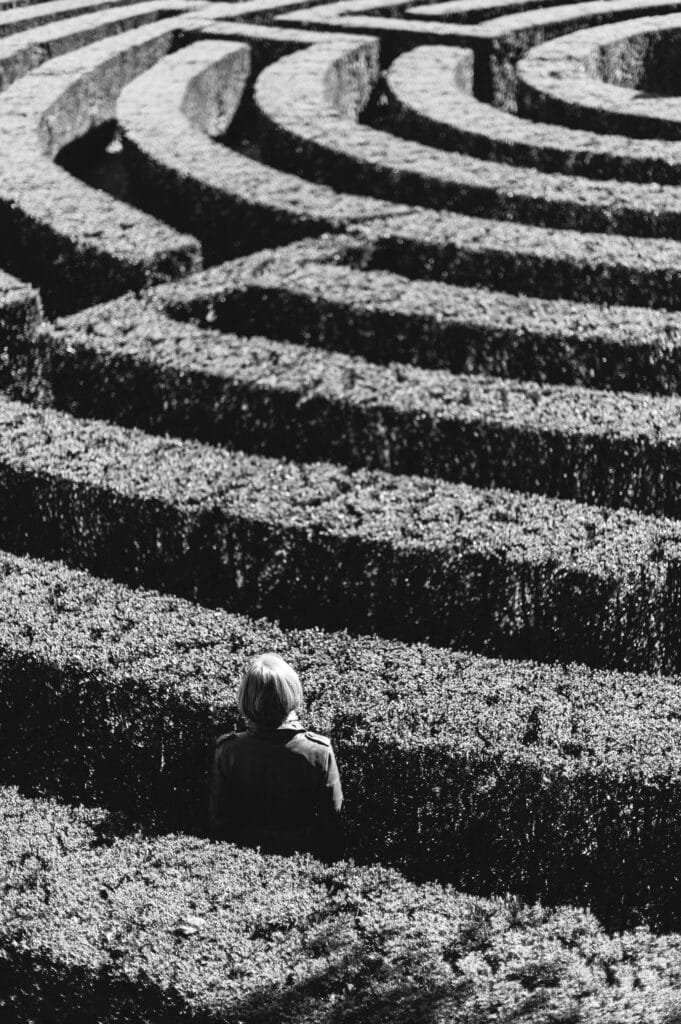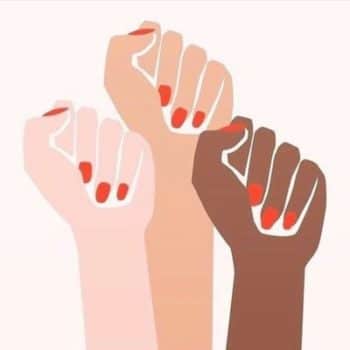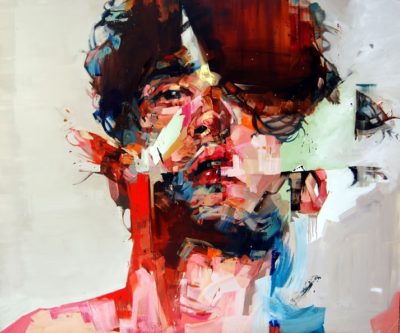The Most Insidious Forms of Patriarchy Pass Through the Mother
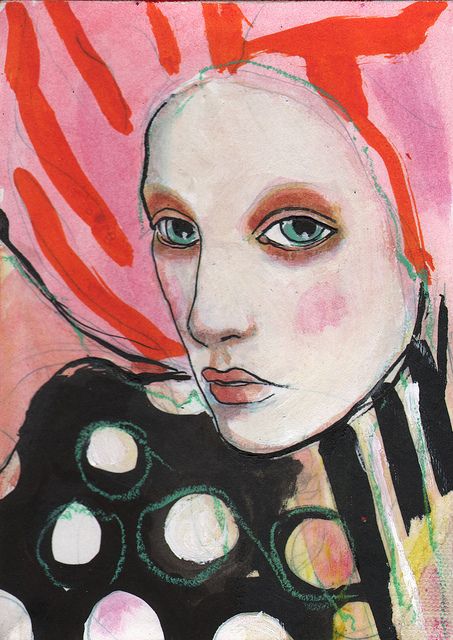
Patriarchy is the social organization of a culture in which men hold more power than women. There is a common misconception that men are the only problem of patriarchy. Many continue to believe that only men perpetuate patriarchal thinking. However, women also perpetuate patriarchal attitudes.
Most of us learn patriarchal thinking in our families and it is usually taught unconsciously by mothers. This can be particularly damaging for daughters and their ability to flourish as empowered women because a mother’s treatment of her daughter gets internalized as her own sense of self. The patriarchal messages daughters receive from their mothers are more insidious and damaging than any of the cultural messages combined. Why? Because they come from the one person the daughter must bond with in order to survive.
The Mother Wound is a product of patriarchy. On a personal level, it is the mother’s projection of her own unhealed wounds on the daughter. And on the collective level, it’s the dysfunctional coping mechanisms that have resulted from generations of female oppression. Patriarchy distorts dynamics between mothers and daughters that leave both disempowered.
The patriarchal thread that runs through all dysfunctional dynamics between mothers and daughters is the demand for obedience in exchange for love.
The dynamics between mothers and daughters that cause pain all have one similarity. It doesn’t matter whether a mother is neglectful on one end of the spectrum or invasive on the other end; the same patriarchal message is conveyed, which is that compliance is required in order to be accepted. One could say that that is the core message of patriarchy to both men AND women: You will not be loved unless you obey. This message permeates us from all facets of society: education, religions, governments and media.
“We have to highlight the ways women perpetuate and sustain patriarchal culture.”
~Bell Hooks
In order to be fully empowered, actualized and fulfilled, we as women must be disloyal to the patriarch in our mothers and consequently, the patriarch within ourselves.
The impacts of a mother’s patriarchal beliefs are especially devastating to a daughter’s personal development and individuation process. Daughters are more likely than sons to see their mothers as victims of their own un-lived dreams, of lack of opportunity or having been devalued by men. Because of the daughter’s sympathy for mother’s plight, she is more likely to absorb her mother’s pain as her own, creating a toxic enmeshment that directly prevents her ability to flourish in her own life. The more unconscious and severe the mother’s own unhealed wounds are, the more threatened she will feel by her daughter’s separateness and individuality. Thus, the mother/daughter bond may be forged in an environment of pain that keeps both stuck.
The more spacious and loving a woman is towards herself, the more she can offer that to her daughter. A mother cannot give her daughter the support, love, guidance, and empowerment that she herself does not have. If a woman does not have that healthy model of self-love in her mother, she has to seek those models elsewhere.
The patriarchal bind is that women are told that they should be successful but not too successful; sexy but not too sexy; strong but not too strong, etc. Mothers may unintentionally perpetuate this out of an unconscious need to avoid getting triggered by her daughter. If her daughter remains disempowered, small, and always a bit doubtful of herself, then the mother eliminates the possibility that her daughter will trigger the unacknowledged pain within herself that she’d rather ignore.
For an unconscious, deeply wounded mother, a disempowered daughter is the perfect antidote to her misery because she allows the mother to maintain an illusion of personal power without having to do the hard work of self-growth and healing. If the daughter is empowered, flourishing, happy and fulfilled, the wounded mother would more likely be faced with the task of confronting her unhealed pain.
A mother may outwardly display a façade of calm and pleasantness but underneath there may lurk a sense of emotional impoverishment that expresses itself primarily in relation to her daughter who may carry the projection of her disowned wounds. Some common dynamics are the “Queen” mother whose rigid, dominating message is “Don’t displease me!” or the “Waif” mother whose helpless, victim message is “Don’t abandon me!”
The unspoken message to the daughter is: “Your empowerment is unacceptable.” The daughter’s empowerment is unacceptable because it reminds the mother of her un-grieved losses or unexpressed rage that the mother was told not to feel from the patriarchy in her family and culture.
A mother may experience her daughter’s empowerment as a betrayal, a personal rejection or a slight. Her unconscious message to the daughter may be “I obeyed the patriarchal mandate to stay small and non-threatening. You have to obey as well! Get back in line!”
An empowered daughter is a stimulus for the unhealed parts of the mother to come forward and be healed within herself. A wounded mother may confuse the pain she feels in her daughter’s presence to be her daughter’s fault and responsibility, not seeing that the pain was there all along and belongs solely to her–the mother. In this way, the daughter is actually giving her mother a gift. Her own light reveals her mother’s shadow and the next step in her healing. If the mother is healthy and open, she can see the gift. But if the mother is unconscious, deeply wounded and stuck, she will probably see it as a reason to lash out at the daughter (covertly or overtly).
Examples of patriarchal power plays from mothers:
- Daughter is used as her emotional dumping ground
- Mother is neglectful but uses daughter as narcissistic tool to bring her attention
- Mother has no use for you if you don’t conform to her views. “Her way or the highway.”
- Manipulative tactics: cold withdrawal, overt hostility or bullying, unpredictable, competition, jealousy, triangulating daughter against other family members (Note: All these dynamics could be played out with a son as well. And they could also be features of mental illness in the mother.)
You’ll notice that all of the above dynamics have to do with one thing: gaining power and control. The mother who has given her power away will seek it out in other ways. This is true of all of us. When we give our power away, it creates a vacuum and we are compelled to fill it somehow, usually through processing it or projecting it. For a mother, the easiest target of projection is her daughter. It creates a vampiric quality to the relationship: the daughter stays weak and the mother feels strong. However, it benefits neither mother nor daughter.
The only thing this dynamic serves is the mother’s “pain body.” The female pain body gets preserved and passed to the next generation in the form of the Mother Wound.
Patriarchy prevents a major human function from happening, which is to feel the truth of all of our feelings. To some degree, both men and women (boys and girls) are shamed away from our feelings, whether through violence, abuse or neglect, whether in our families or in the culture at large. The shame is due to the patriarchal belief that feelings are inherently weak and must be suppressed.
The task is for each of us to metabolize and process our own pain fully. As we do this, owning our wounds, feeling our pain and grieving to completion, the energy of the wound transforms into wisdom, love and power. For mothers and daughters, this means there needs to be a healthy, emotional distance in which both can engage fully with their healing process. Mothers and daughters need healthy emotional distance where each can experience her own personal power and freedom. Both need support and resources to successfully navigate their journey.
Patriarchy is about power at all costs. One way that power has been gathered is through rigid ideas of what is right and what is wrong. But in truth, there is no absolute right or wrong, just a multitude of preferences and consequences. By increasingly dissolving the charge of polarizing concepts such as right/ wrong and good/bad, infinite possibilities begin to open up and individuals can make choices that are truly authentic and right for them, without fear and shame.
All around us we are seeing patriarchal institutions fail and crumble from within: religions, governments, media, etc. The family is also a patriarchal institution and families will increasingly feel the pressure to shift and accommodate a new consciousness that is emerging. In the dominator mode of patriarchy, a dysfunctional family is threatened by the individuality of its members. In this way, patriarchal mothers may be threatened by their daughter’s individuality and may unconsciously sabotage it. As a new form of the family emerges, I sense that families will be more flexible, inclusive and welcoming of individuality. Perhaps the very definition of “family” will change and expand. People who call themselves family may not do so by blood but by soulful connections that mutually nourish their journey to discover and live their authentic truth. This cultural shift starts at the level of individuals who choose to do the work of healing and recovery.
In older generations, there was a belief in escape; a belief that we can pretend something painful doesn’t exist and it will simply go away. There was a belief that there would be a payoff for pretending. Many are discovering that payoff never comes. Subsequent generations of parents would say “I don’t want to screw up my kids the way I was screwed up by my parents” and think that was enough to prevent that from happening. Just knowing that you don’t want to pass along generational pain is not enough. It takes many, many years of focused inner work to stop cycles of inter-generational pain. And yet nothing is more important or fulfilling than this journey. We can support each other to have the courage, support and the tools to make it to the other side.
For women, the journey of healing the Mother Wound is precisely what frees their daughters from this painful legacy.
To be whole, empowered women, we have to be disloyal to the patriarch in our mothers. We have to say no. We have to hand back the pain our mothers have asked us to carry for them so that they can uphold their own journey of healing. We must refuse to give up our power to feed the pain body of our mothers, which ultimately, is a great gift to them and to the world. It’s time for us to honor ourselves. It’s time for women to heal the Mother Wound. We have to do the hard and holy thing which is to focus on our own healing so that we can finally experience ourselves as whole and model this new level of wholeness for our daughters and the women of the future.
Questions for Moms to reflect on to honor themselves AND clear the way for their daughters
- What did I need from my own mother that I did not get? In what ways may I be unconsciously projecting these needs onto my daughter or other people?
- Am I getting the mothering and nurturing I need in my daily life? If not, how can I get those needs met? (friends, experiences, tools, professional support)
- Am I neglecting my daughter’s emotional needs? Do her emotional needs make me uncomfortable? If so, which ones? What do they bring up for me?
- Am I asking my daughter to mother me in any way? If so, what are some ways I can get the support I need so that I don’t put this burden on my daughter?
- Do I feel any rage or resentment about being a mom? If so, what are some safe and healthy ways I can process and work through that?
- Do I feel at all jealous or threatened by my daughter? If so, why? How does this manifest in my daily interactions with my daughter? How can I find a safe, healthy way to process that?
- What limitations did I have to accept about myself as a young girl my daughter’s age? How did that impact my life? How can I support my daughter in not accepting those same limitations.
- How can I demonstrate to my daughter that I value myself?
- What comes up for me when I reflect on my daughter having more opportunities than I did?
- In what ways might I be passing along that belief in limitations? How might I turn that around?
Art credits: Maria Pace-Wynters
